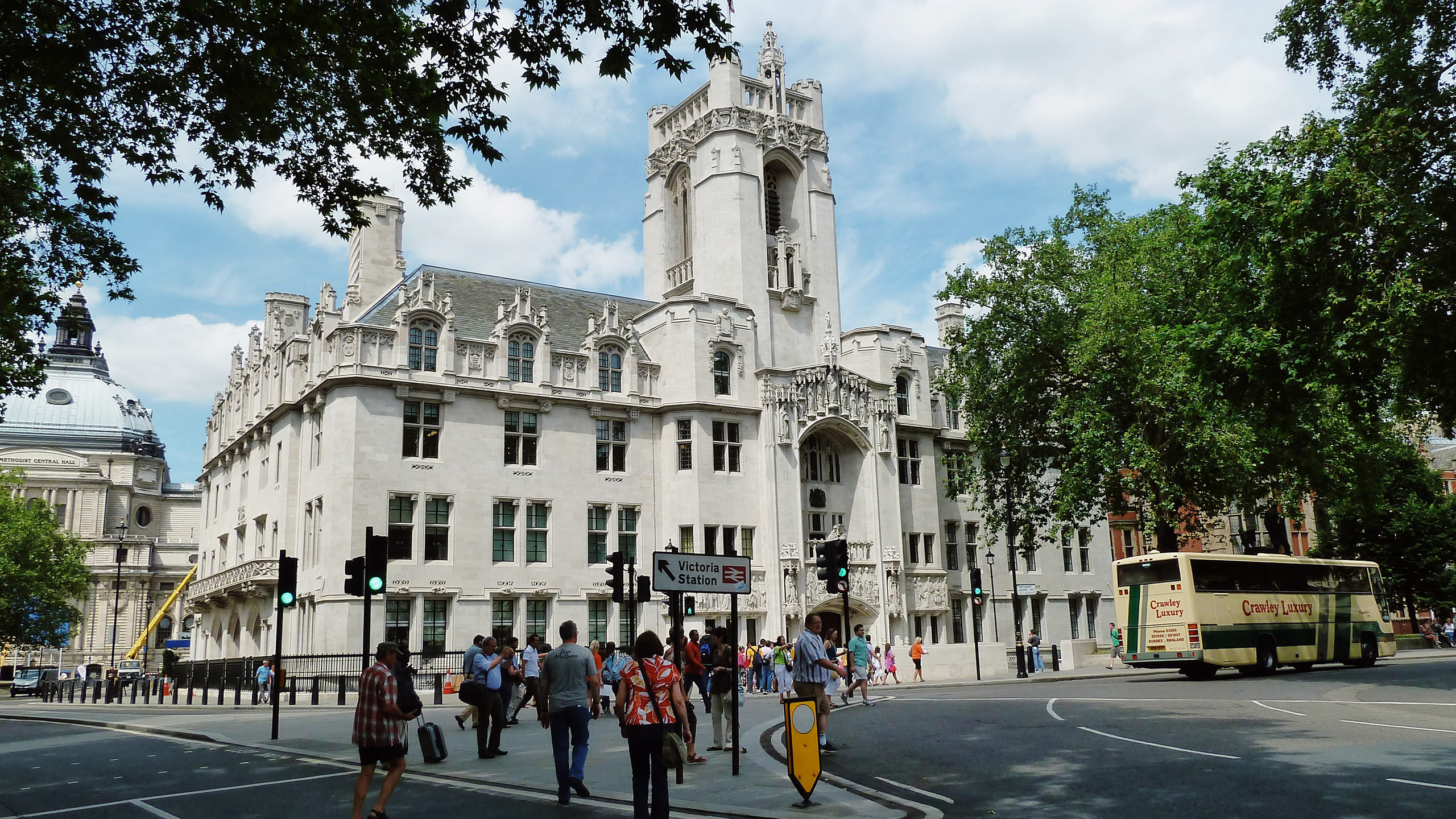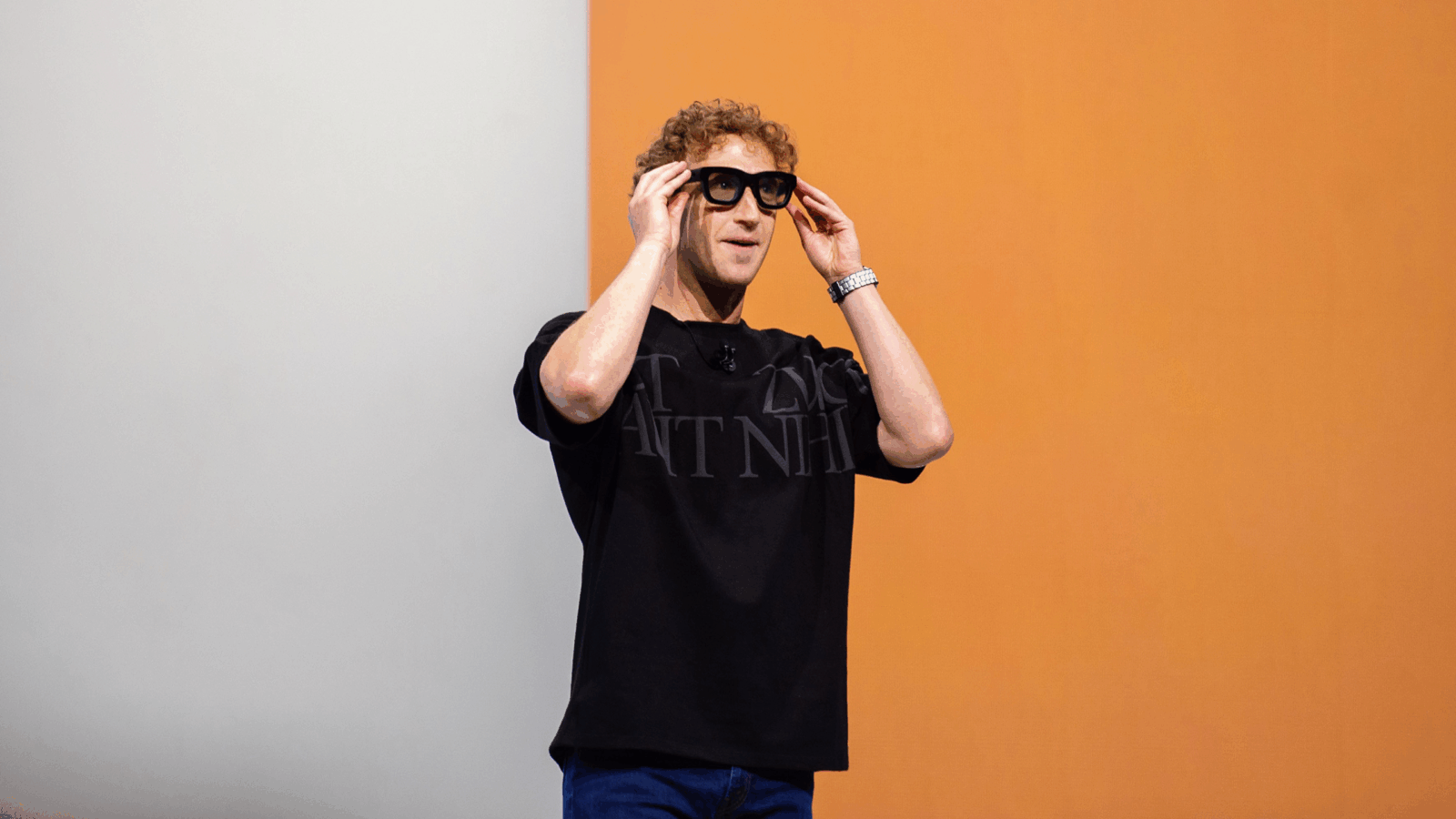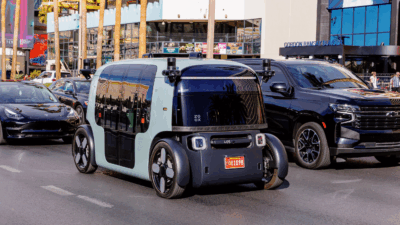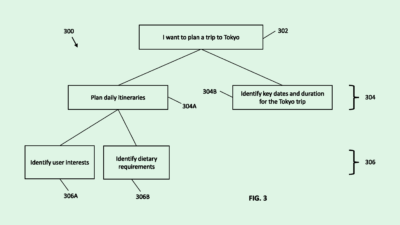Top UK Court Rules AI Can’t Be ‘Inventors’
UK’s top court ruled that AI programs cannot be named as an inventor of patents. Fair or not, humans sneer at the work of non-humans.
Sign up for smart news, insights, and analysis on the biggest financial stories of the day.
Robots get no respect.
First, the Writers Guild of America pondered whether AI could be credited for writing an episode of “Blue Bloods.” And on Wednesday, the UK’s top court ruled that AI programs cannot be named as an inventor of patents. Fair or not, humans sneer at the work of non-humans.
The Wheels on DABUS
The UK case originated well before college students could count on ChatGPT to scribble out countless essays. In 2018, British computer scientist Stephen Thaler sought patents on two different inventions: one for a type of flashing light and another for a particular shape of food packaging. Instead of listing himself as the inventor, he registered the patents under an AI machine he had developed and named DABUS.
The UK Intellectual Property Office rejected DABUS’s patent ownership on the simple premise that the law stipulates a human being be listed as the inventor. Thaler appealed the decision, only for the UK’s Supreme Court to reaffirm that existing patent law clearly states that “an inventor must be a “natural person.”
Other jurisdictions have made similar rulings about the sanctity of the human touch:
- Thaler, something of an AI activist, had already pulled this stunt before. In 2020, the EU’s top patent court similarly rejected DABUS’s authorship of the two patents, and earlier this year the US Supreme Court declined his appeal after the US Patent and Trademark Office also rejected DABUS’s patent applications.
- However, all is not lost for DABUS. Given AI’s rapidly developing nature, the legal issue “may need to be addressed again in the future,” Yohan Liyanage, a partner at law firm Linklaters, told Bloomberg.
Face Lift: This wasn’t AI’s only loss of the week. On Tuesday, the FTC banned bankrupt pharmacy/retailer Rite Aid for five years from using an AI facial-recognition surveillance system after it generated thousands of false-positive matches — thus incorrectly accusing innocent shoppers of wrongdoing and shoplifting. It’s good to know that, if we are indeed drifting toward a Minority Report-esque future, all the dystopian technology will have been invented by humans, not robots.












